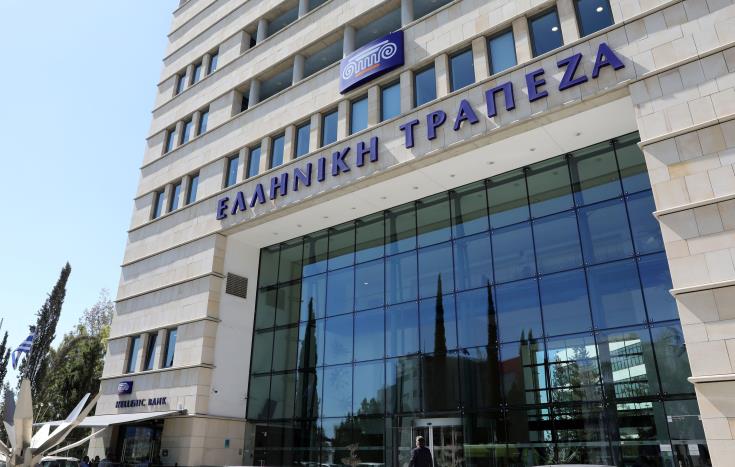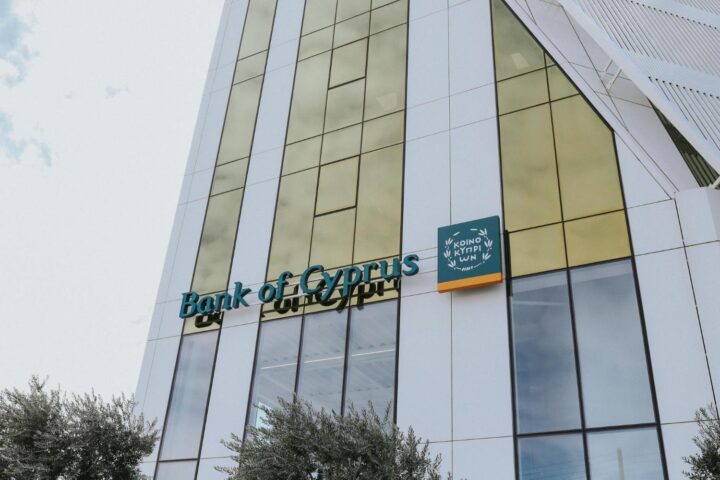Capital Intelligence Ratings has affirmed the long-term foreign currency rating (LT FCR) and short-term foreign currency rating (ST FCR) of Hellenic Bank at ‘BB-’ and ‘B’, respectively, as well as a ‘stable’ outlook, based on its funding and liquidity strengths.
This follows a similar opinion issued by Moody’s on November 11 affirming all ratings and assessments of Bank of Cyprus and Hellenic Bank, including their long-term deposit ratings of B3, with a ‘positive’ outlook.
The Moody’s rating comment said it reflected the banks’ improved funding and liquidity profiles, and strengthened capital levels compared to a few years ago.
According to Capital Intelligence, Hellenic Bank’s bank standalone rating (BSR) reflects moderate economic and industry risks, adding that the strongest credit strength supporting the core financial strength (CFS) rating is funding and liquidity.
The CI report said “the bank enjoys a well diversified and stable retail customer deposit base and has very little reliance on wholesale funding of any type.
“Liquidity metrics continue to be strong. Less strong – although still a credit strength – is the capital position. Headline ratios are strong and capital quality is good.
“However, the ratio of unprovided non-performing exposures (NPEs) to equity remains high, albeit on a downward path. Part of the gross NPEs benefit from what is tantamount to a 90% government guarantee which accounts for why HB can afford to hold lower loan loss reserves than would otherwise be the case.”
CI said Hellenic’s other main credit challenge is weak profitability.
“At the net level, this reflects the high cost of credit and the large proportion of operating profit consumed by provisioning. However, profitability is also modest at the operating level.
“The main headwinds are weak income generation coupled with a large cost base and the resulting high cost-income ratio.”
It added that two final credit challenges are the high exposure to the real estate market in the loan portfolio and the high exposure to Cyprus government risk.
“In terms of exposure to government risk, there is not only a large portfolio of government bonds, but also contingent exposure under the government-backed APS scheme, which protects against adverse effects from the loan portfolio taken on board with the CCB acquisition.”
Capital Intelligence said the outlook is ‘stable’, indicating that the ratings are unlikely to change over the next 12 months.
“While most of the bank’s financial metrics significantly improved following the acquisition of CCB (and continue to improve), the large stock of NPEs and the uncertainties related to the effects of Covid-19 on both asset quality and profitability are likely to continue to constrain the ratings.”










